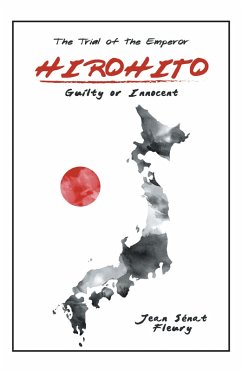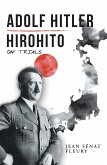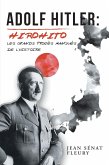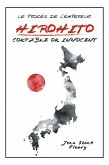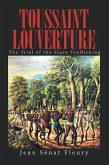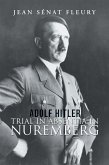Hirohito: Guilty or Innocent: The Trial of the Emperor is a book of information and training, a reference book that should be read as an educational tool on Japan's war in South East Asia and the Pacific. The book opens the debate on Hirohito's responsibility during World War II with a posthumous trial against the Japanese emperor before the Permanent Peoples' Court for crimes against peace, war crimes, and crimes against humanity.
Dieser Download kann aus rechtlichen Gründen nur mit Rechnungsadresse in A, D ausgeliefert werden.

